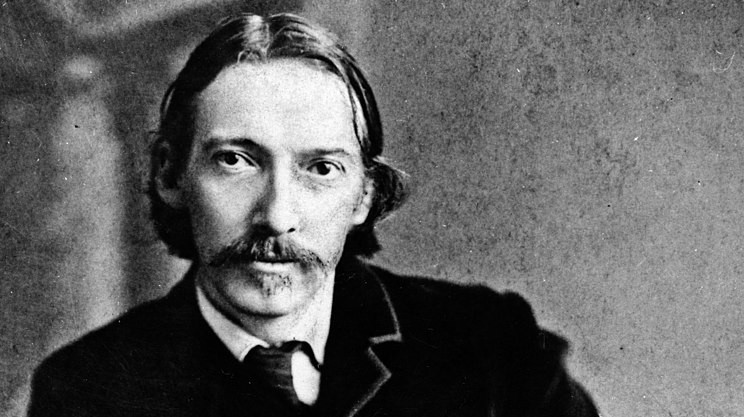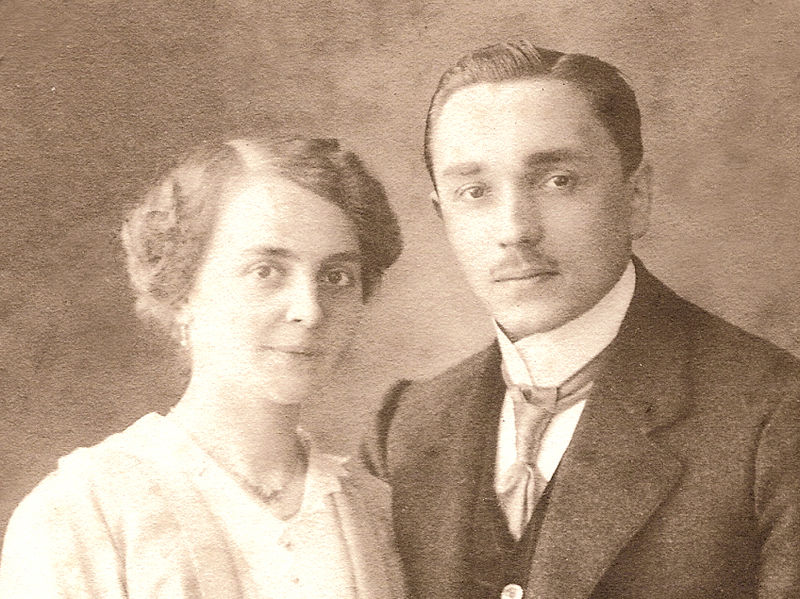In 1757 Ben Franklin revealed “How to make a Striking Sundial, by which not only a Man’s own Family, but all his Neighbours for ten Miles round, may know what o’Clock it is, when the Sun shines, without seeing the Dial”:
Chuse an open Place in your Yard or Garden, on which the Sun may shine all Day without any Impediment from Trees or Buildings. On the Ground mark out your Hour Lines, as for a horizontal Dial, according to Art, taking Room enough for the Guns. On the Line for One o’Clock, place one Gun; on the Two o’Clock Line two Guns, and so of the rest. The Guns must all be charged with Powder, but Ball is unnecessary. Your Gnomon or Style must have twelve burning Glasses annex’d to it, and be so placed as that the Sun shining through the Glasses, one after the other, shall cause the Focus or burning Spot to fall on the Hour Line of One for Example, at one a Clock, and there kindle a Train of Gunpowder that shall fire one Gun. At Two a Clock, a Focus shall fall on the Hour Line of Two, and kindle another Train that shall discharge two Guns successively; and so of the rest.
Note, There must be 78 Guns in all. Thirty-two Pounders will be best for this Use; but 18 Pounders may do, and will cost less, as well as use less Powder, for nine Pounds of Powder will do for one Charge of each eighteen Pounder, whereas the Thirty-two Pounders would require for each Gun 16 Pounds.
Note also, That the chief Expence will be the Powder, for the Cannon once bought, will, with Care, last 100 Years.
Note moreover, That there will be a great Saving of Powder in cloudy Days.
(From Poor Richard Improved. He was mocking a class of overambitious amateur experimenters called virtuosi. “Kind Reader, Methinks I hear thee say, That it is indeed a good Thing to know how the Time passes, but this Kind of Dial, notwithstanding the mentioned Savings, would be very expensive; and the Cost greater than the Advantage. Thou art wise, my Friend, to be so considerate beforehand; some Fools would not have found out so much, till they had made the Dial and try’d it. Let all such learn that many a private and many a publick Project, are like this Striking Dial, great Cost for little Profit.”)




